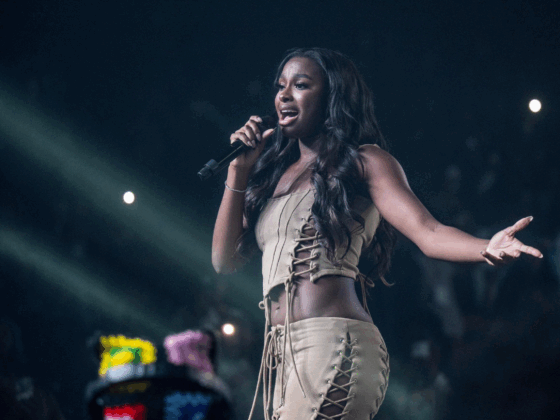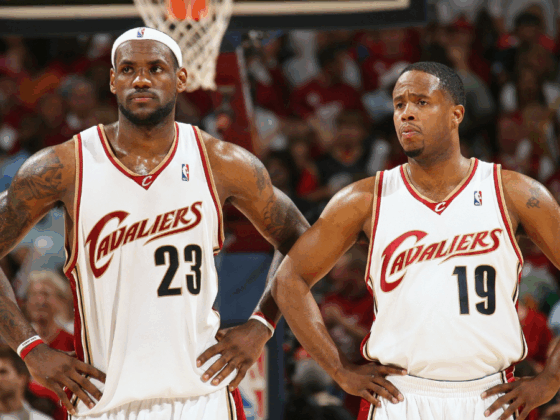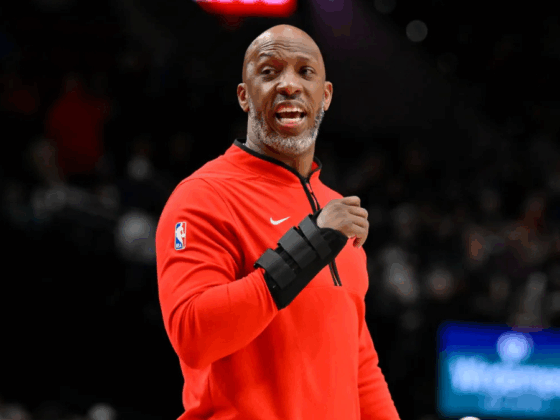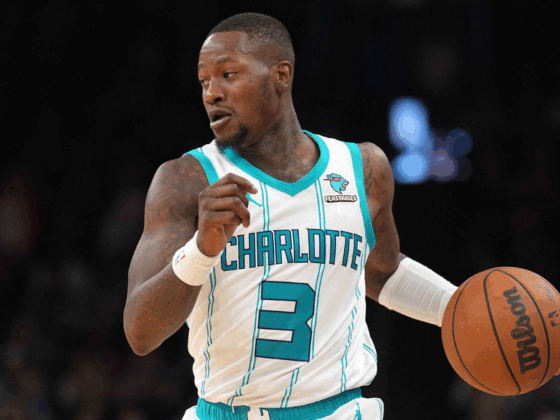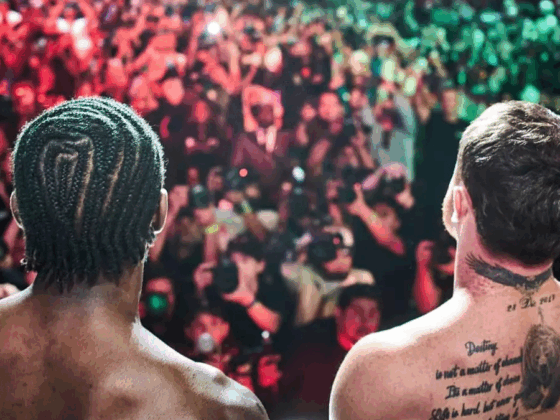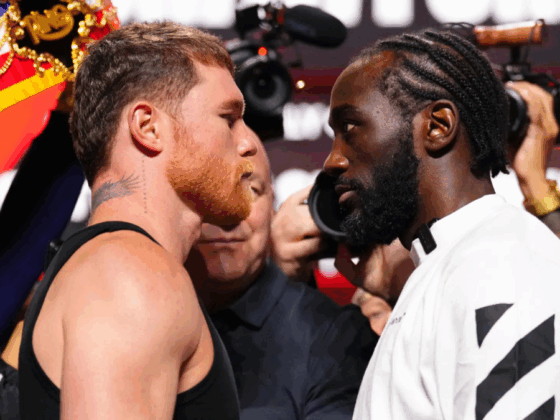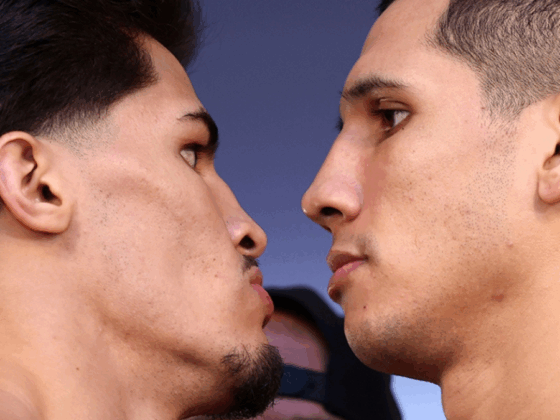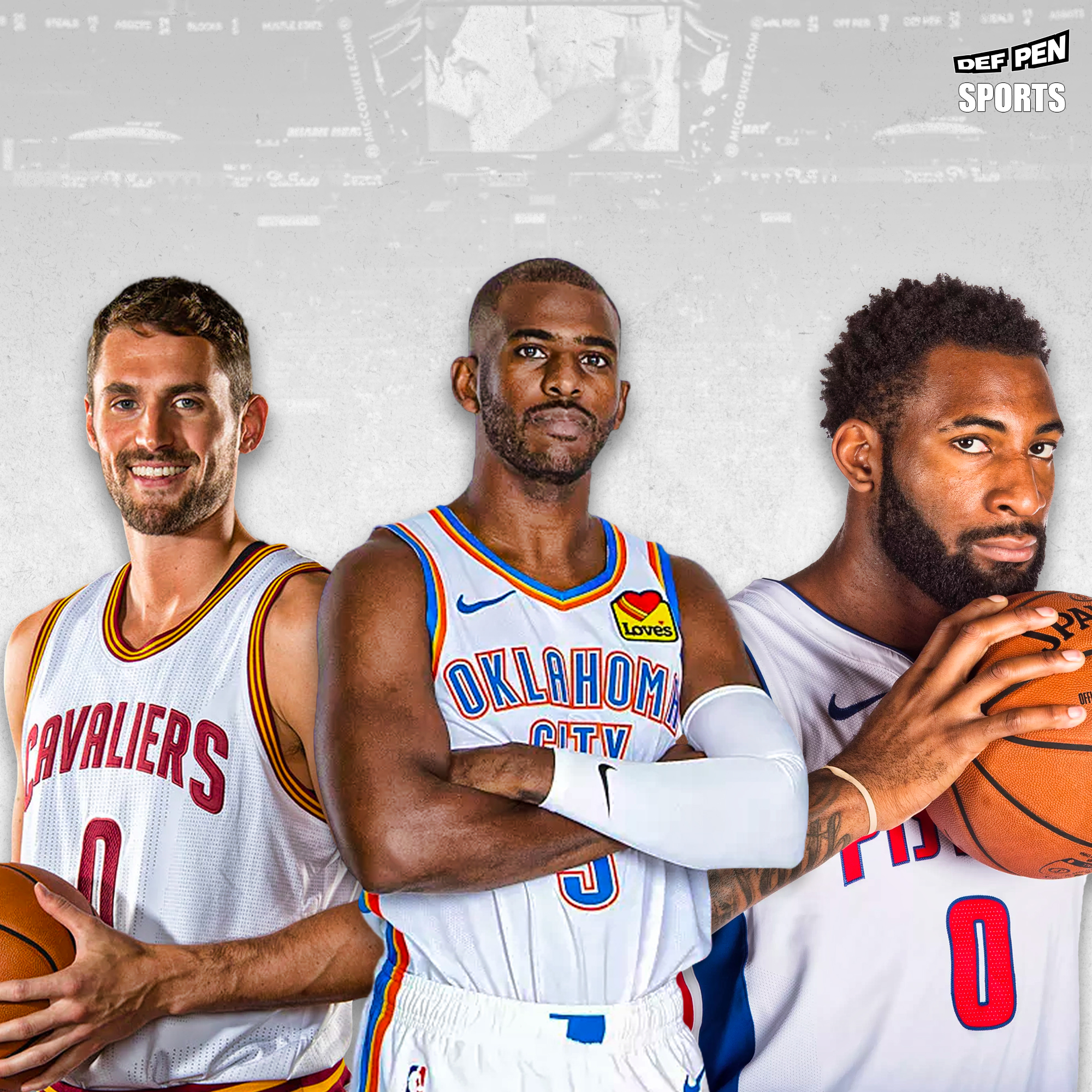
It is no secret that the era of player self-empowerment and movement captivates some NBA fans and strongly disengages others. Whether you like it or not, trade speculation and rumors fuel the doldrums of January and early February with wonder and intrigue. With a whittled-down free agent crop in the summer of 2020, the quickly approaching NBA trade deadline has the potential to include some high-profile names changing teams. It also has the potential to be monumentally disappointing.
The Chris Paul Conundrum
Prior to this season, when some fans were still electric about the re-pairing of James Harden and Russell Westbrook, the seemingly inevitable trade domino to fall would be Chris Paul out of Oklahoma City. Almost as soon as the trade from Houston happened, fans and analysts began plotting out the possible destinations for the aging point-guard. The Thunder, and Paul’s contract, all but derailed those scenarios.
At 30-20, Oklahoma City is not only a nice story but a bona fide playoff team. Shai Gilgeous-Alexander has taken nicely under Paul’s guidance and has turned into one of the best young point guards in the league. Danilo Gallinari has stayed healthy, a problem for him typically, and is still producing 19.2 points per game. Dennis Schroeder is playing himself into becoming a tradeable asset. There is no sense of urgency to make a move to restock the cabinet because Oklahoma City already has plenty of draft capital, thanks to the offseason trade with the Clippers. This puts the Thunder into the enviable position of competitive yet still riddled with assets.
Why does this make for an uneventful NBA trade deadline? While Gallinari or Steven Adams could be on the move, the big fish is Paul. The Miami Heat came to mind for many as a possible destination for CP3, mostly due to their star-hunting nature and ability to match salaries. Milwaukee, in an effort to move on from the playoff woes of Eric Bledsoe, could push all of their chips to the center and try to make it happen. Denver has the assets to make it happen and go all-in as well. But that has all gone out the window with how well the Thunder are playing. They are in it to make the playoffs and have a great shot to unseat one of last year’s playoff teams.
Love is Not in the Air
Kevin Love has been the most outwardly annoyed star, yet traction for trade seems nearly nonexistent. The 31-year-old stretch four has had moments of pure lunacy this season struggling to adjust to two teenage point guards who do not know how to pass. Mid timeout outbursts, locker room yelling, finger-pointing, and, worst of all for the Cavs trade aspirations, a clear lack of on-court motivation.
Teams do not want to trade for Love for myriad reasons. Firstly, his contract is a difficult pill to swallow. He is due $28 million in 2021-2022 when the free-agent class is expected to be full of talent. Teams do not want to paralyze their cap space for a player who will be in the waning years of his viability. Tack on the injury history Love has and there are legitimate questions. Secondly, he is a defensive liability. And not just how he normally is, but now with a stench of disinterest. Perhaps this is because of Cleveland’s current appalling trajectory of cellar-dweller. Whatever the reason it makes Love very unmarketable to other teams who are angling for the playoffs, where defensive intensity ramps up.
To make matters even more problematic for Cleveland is that the aura Love brings to the locker room is harmful to the young core. So the urgency to trade him is high, much higher than the desire of other teams to go after him. Pair that with poor defense, a big contract, and an uneven asking price and suddenly Cleveland looks too desperate to have any real leverage.
Cleveland’s asking price was rightfully high for Love, but the league has scoffed. In fact, teams are asking the Cavaliers to lower their asking price significantly or attach an asset with Love to make the contract easier to swallow. General Manager Koby Altman does not have to move Love before the deadline, he can still do it over the summer where the free agency class is expected to be weak. A team that fails to upgrade in free agency in a meaningful way may take a swing on Love. But right now, it looks increasingly likely that a trade will not happen.
Jammed Pistons
Andre Drummond is one of the more interesting names on the trade market, a combination of youth and All-Star quality that many teams should covet. Sadly, he plays a position that largely demands what he cannot provide – spacing. Add in that there are questions regarding his motor and a potentially huge contract demand and suddenly teams are questioning if they want to get involved at all. The Pistons are in a strange yet familiar (for them) position: the soft grey middle ground of mediocrity.
Moving Drummond seemed like the waiving of the white flag, a clear signal that Detroit is going to make an effort to stop putting Band-Aids on gaping wounds. But that plan is no longer totally viable. The $28.7 million player option Drummond possesses, which is likely more than he would make if he declined it and negotiated a new contract, is scaring away teams. Atlanta, who showed strong initial interest, dipped out. Cleveland showed some level of interest too, as did Dallas and New York. They bowed out as well. Like Kevin Love, Detroit rightfully held high expectations for their star big man. But the rest of the league does not hold Drummond in the same high opinion.
Talks with the Pistons started with a first-round pick. That was rebuffed. As were inquiries by Detroit to get a nice young asset to build around. Soon it deescalated to expiring salary and low-risk prospects, a far cry from what was originally sought. Now the Pistons have to evaluate if they want to try for a sign and trade in the summer or, assuming Drummond picks up the option, run it back and see what happens next year. It is becoming entirely possible that he is still in Motown next season despite Ed Stefanski’s efforts to pull the plug.
Toronto Firesale? Not Quite.
Coming into the season, and after losing Kawhi Leonard, nearly everyone pegged the Toronto Raptors as the feel-good story that just had its last page closed. Little did the league know that the Raptors would end up plowing forward as if nothing happened and continue onward as the second-best team in the Eastern Conference. The effect on the trade market? Several pieces probably off the board.
Kyle Lowry, who many analysts felt would be a key NBA trade deadline name, is probably not going anywhere. His age, contract, oh, and vital role on a devastatingly fun Raptors squad make him too valuable to move unless mastermind Team President Masai Ujiri is blown away. Nevermind the fact that Lowry would have reportedly requested a trade this past offseason if he did not get an extension, that does not matter. Lowry is a fan favorite, newly-paid, and the Raptors are surging. The 33-year-old All-Star is averaging his most points per game since the 2016-17 season.
Serge Ibaka and Marc Gasol, two expiring bigs, are also unlikely to be moved. That is not to say the right deal to pry them away is not available, almost anyone is expandable given the right return. But do the Raptors need to rock the boat when it is so steadily sailing ahead? Ujiri makes moves when the iron is hot and if meaningful improvements can be made. There is not enough evidence that the right situation will present itself to move several NBA champion players for the sake of a “rebuild”. Toronto has players who are very tradeable, like Ibaka and Gasol, but they will not net a player that tips the scales so far in their favor that it is worth the risk of trading valuable pieces away.
D’Angelo Russell and the Lurking Wolves
Minnesota as turned into a strange, blood-thirsty hound looking to make a trade for Warriors point guard D’Angelo Russell. The Wolves went after Russell this past offseason but were undercut by Golden State in their attempt to get something for Kevin Durant. While Minnesota has had an interest in pairing Russell with star center Karl-Anthony Towns, the clock to make that happen is ticking a little faster as the NBA trade deadline approaches.
The Wolves are a bad team, and perhaps are playing some of the worst basketball in the league. Towns missed a significant amount of time due to injury. Andrew Wiggins, after starting the season hot, has cooled off to the point that Wolves fans are back wanting him gone. Jarrett Culver has had a tough rookie season. All of this has culminated in a frustrated Towns that is in the first season of a massive extension. In the era of players changing teams on a whim and contracts being more like a soft commitment, a trade request would not be too surprising. So, the time to appease him is starting now with the chase for Russell.
Golden State has no need to trade Russell, and has strongly said they have no desire in doing so right now. So far, that has not stopped Minnesota from gawking from the distance. A move to orchestrate Russell to Minnesota would be tricky largely because the Wolves have nothing the Warriors want. Wiggins has a toxically-bad contract and, while talented, is too inconsistent to fit with Golden State. Towns is obviously not available. So what is left? A three or four-team trade is certainly possible, and the Wolves have a highly-coveted player in Robert Covington, but there is little else. Not only do the parameters of a deal seem like wedging a square peg in a round hole, but there is also too much one-sidedness that inhibits any meaningful dialogue from happening. Golden State is not even half as interested as Minnesota.
This is all not to say that that the NBA trade deadline will come and go with no movement. Things will happen, maybe even the things I for sure said would not. But there are some significant barriers to many deals happening, some with more hurdles than others. The rest of the league will wait with anticipation to see what the landscape looks like when the dust has cleared.
